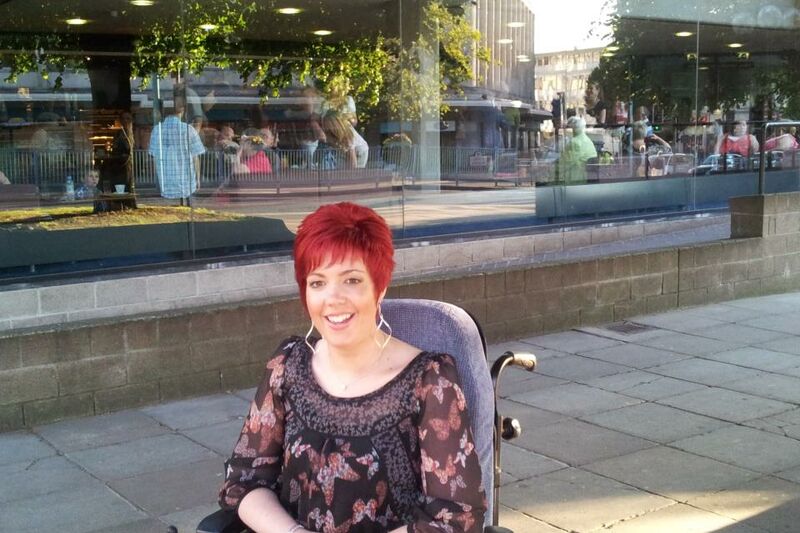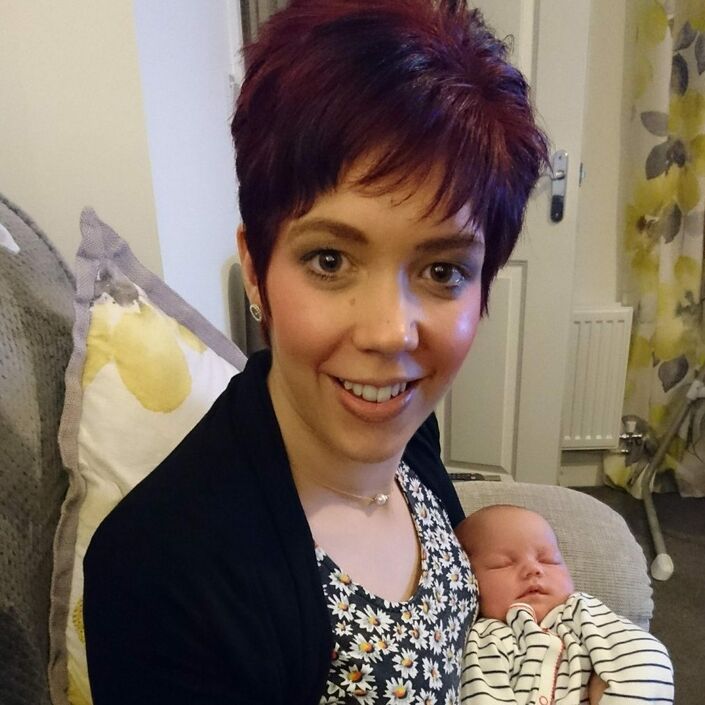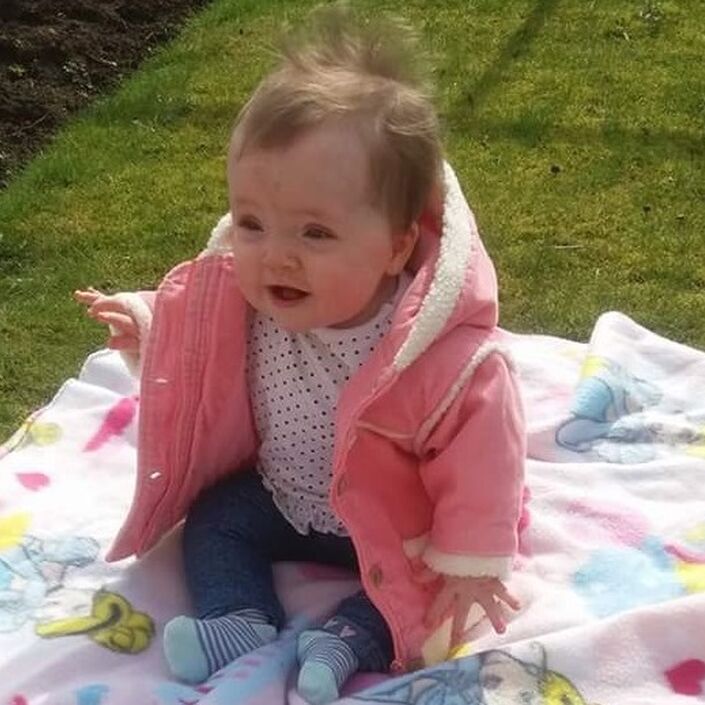Much is known and written about premature babies. Not so long ago a baby born before 31 weeks was deemed unable to survive and was either stillborn or left to die. If you have ever watched or read Call the Midwife then you will know what I mean.
With the advance of knowledge and technology, survival rates of babies born prematurely began to increase, with many going on to lead happy and normal lives without much to show for those first few weeks of fighting for life outside the security of their mother’s womb.
But what really becomes of those babies when they leave the neonatal unit? Who do they become? What do they do? Let me take you back to 29 years ago…
It’s early August in the last year of the 1980s and all around there is noise: from the unmistakable beeps of a heart monitor, to the soft blowing sound of a breathing tube. Those beeps are my heart being monitored and that tube is helping me to breathe.
Born at 30 weeks, I weighed just over 3lbs. Of course I remember nothing of those first few weeks of my life but my parents have told me the story.
My mum had gone into labour on a Sunday evening, though unfortunately despite constantly telling the midwives how she was feeling, none of them believed her. Their response was, “have a bath” or “go for a walk.” I know my mum won’t mind me sharing that while using the loo she held me in her hands twice; the problem was her waters had not broken so I was still in the sack and when Mum stood up I went back up again. It wasn’t until the third time this had happened that I stayed where I was, leaving Mum unable to walk and having no choice but to ask my dad to look so she could be sure she would be believed.
Once the midwives knew my Mum had been right all along, they rushed her into delivery, broke her waters and I was born at 5:30am that Monday morning. My parents were not allowed to see me as I was rushed out of the door straight into the Special Care Baby Unit (SCBU). The first time they saw me was on a photograph taken by the midwives once I was settled into the unit. Needless to say, I must have looked quite a sight at the time, covered over in bubble wrap, wires coming from my back and my arms, topped off with a very attractive plaster over my nose which is keeping the feeding tube in place.

From what I have been told, 3lbs at 30 weeks is quite big, so it was believed that had I gone to full term I would have been a large baby; whether that would have been the case or not we will never know. As the days went on I was proving myself to be quite strong as I was meeting all my targets and was even able to breastfeed after a while.
I received regular visits from family, my grandad filming my entire stay in hospital to show to extended friends and family back in the Midlands.
What I loved hearing about most from that time was that my mum gave her breast milk to other babies on the unit as there was a shortage. I like to think she played a part in ensuring their survival.
How my parents felt during the time I was in hospital I don’t really know as when I watched the film Grandad made they always seemed so positive. My dad told me they were very worried and I know my mum didn’t want to go out and buy my pram in case I never came home.

I was in hospital a total of five weeks, at which point I had gained 2lbs in weight and was deemed strong enough to go home.
For the first two years of my life we lived in the Plymouth “Married Quarters”, for those of you who don’t know, these are homes for people in the armed forces. My dad was in the Navy, so when he and my mum married they moved from the Midlands to Plymouth, and the married quarters was their first home.
Apart from being smaller than other babies - my nappies came up to my armpits and most of my clothes were for dolls - I progressed like anyone else. It was not until I was 18 months old that people realised that something was not quite right. Even though I was using the furniture to get around on my feet, it soon became obvious that I was not letting go to attempt to walk on my own.
My mum took me to the local GP who noticed that my feet slightly spread outwards and not long after that I was diagnosed with Cerebral Palsy Spastic Diplegia.
For some babies born premature, their hospital journey ends when they leave the neonatal unit but for many of us, it is just one step of a turbulent adventure…

If you have been affected by any of the issues mentioned in this post and would like support, view our online support pages


